Publications
Articles, publications, books, tools and multimedia features from the U.S. Institute of Peace provide the latest news, analysis, research findings, practitioner guides and reports, all related to the conflict zones and issues that are at the center of the Institute’s work to prevent and reduce violent conflict.
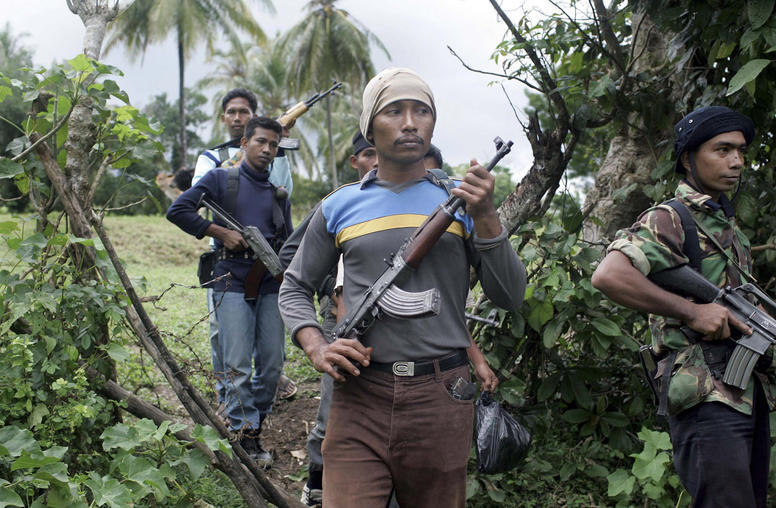
Can We Make Peace with the Coronavirus?
As humanity struggles to confront the coronavirus pandemic, we face no greater obstacle than the violent conflicts worldwide that prevent many communities and nations from the necessary task of working in unison. Is it conceivable to have Israelis and Palestinians working cooperatively to contain the virus, or the opposing sides in bitter conflicts from Afghanistan to Yemen? It is not only conceivable, a practical model for achieving this cooperation is available in the work of environmental peacebuilders—visionary groups that have been working across the lines of conflict to confront the universal threat of climate change.
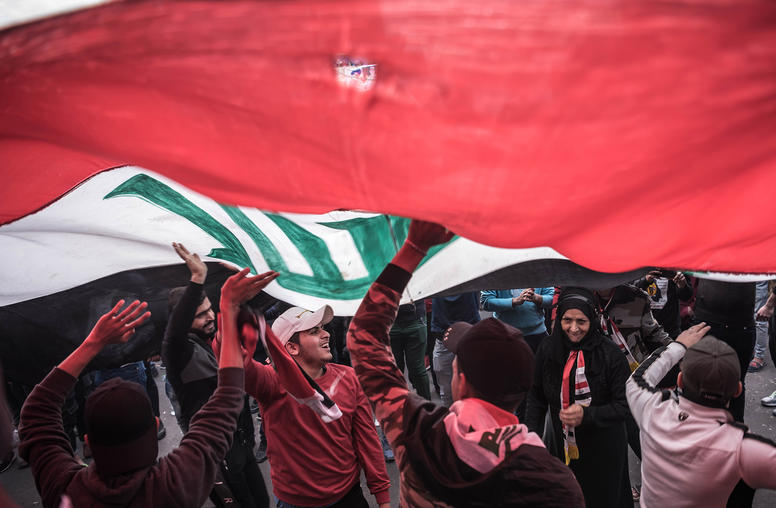
Using Smart Power to Counter Iran in Iraq
Beginning with the early January killing of Iranian military commander Qassem Soleimani, the first months of 2020 have seen a spike in long-simmering tensions between the U.S. and Iran. Those tensions have largely played out within the borders of Iran’s western neighbor, Iraq, just as they have for much of the last 17 years. Still bearing the battle scars from years of war, few in the region want to see an escalation to more overt conflict. And after nearly two decades, the American public has clearly demonstrated its own fatigue with endless wars. The question remains, then, how can the U.S. achieve its objectives in regard to Iran and Iraq without military action?
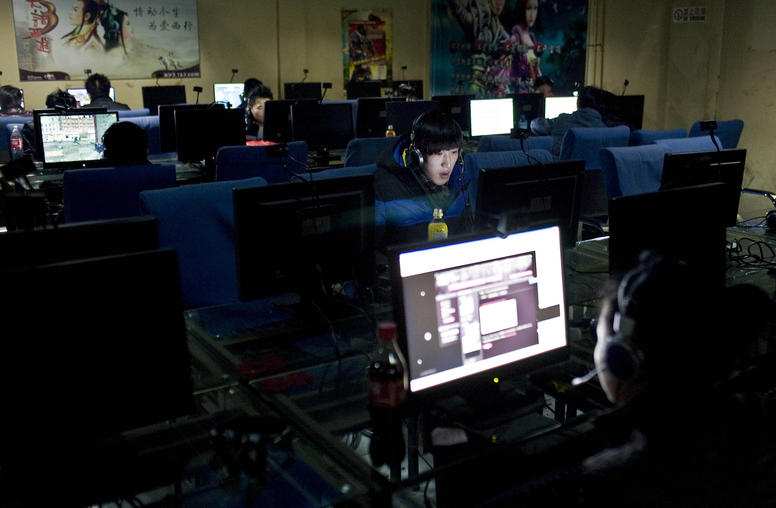
Amid Coronavirus, Online Activism Confronts Digital Authoritarianism
As the COVID-19 pandemic expands, many social movements have had to drastically rethink their strategies. Movements that previously relied on the visibility and disruption of street protests have either been forced off the streets by quarantine restrictions or have voluntarily ended public protests to protect public health. Yet, this significant reduction in public protests does not mean that movements have gone away.
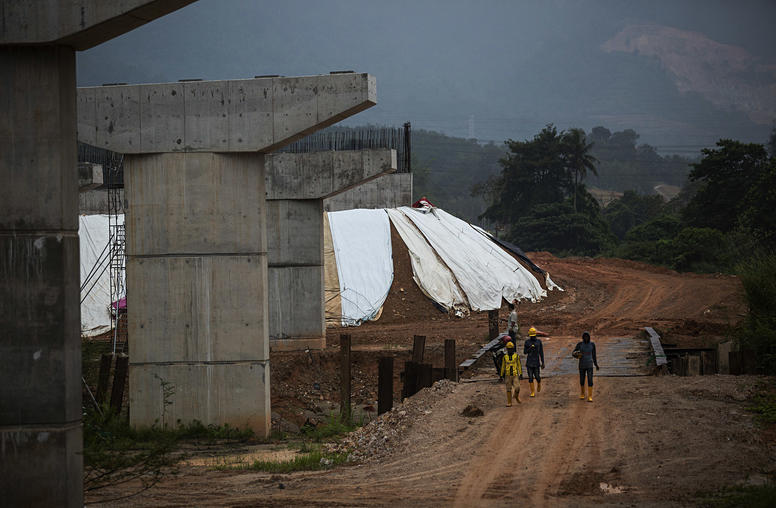
China’s Belt and Road: Progress on ‘Open, Green and Clean?’
A year ago, Chinese leaders committed themselves to cleaning up their act in pursuit of the Belt and Road Initiative (BRI)—Beijing’s plan to connect China to the world largely through infrastructure projects. The BRI had become synonymous with environmental degradation, corruption, and lack of transparency, and China’s top officials pledged new approaches. The Belt and Road Initiative, they said, would become “open, green, and clean” as it worked with partner countries to build public works, deepen trade linkages, and advance financial and development policy connections around the world.
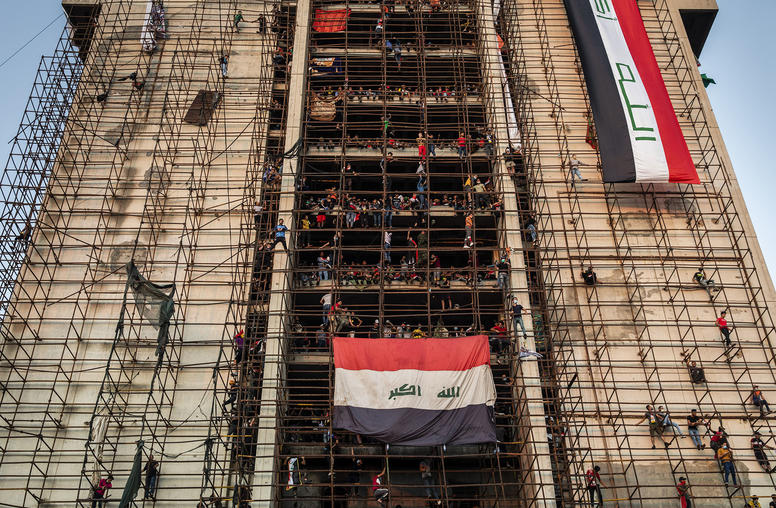
The Coronavirus Crisis Could Reshape U.S. Policy in the Middle East
Although COVID-19 has yet to hit the Middle East with full force, the pandemic’s second and third order effects could impact the region in the most profound ways. The virus threatens to exacerbate the region’s deep-seated ills—poor governance, inadequate economic growth, deep societal fissures, pervasive conflict, and displacement—and shape the Middle East’s post-pandemic landscape.
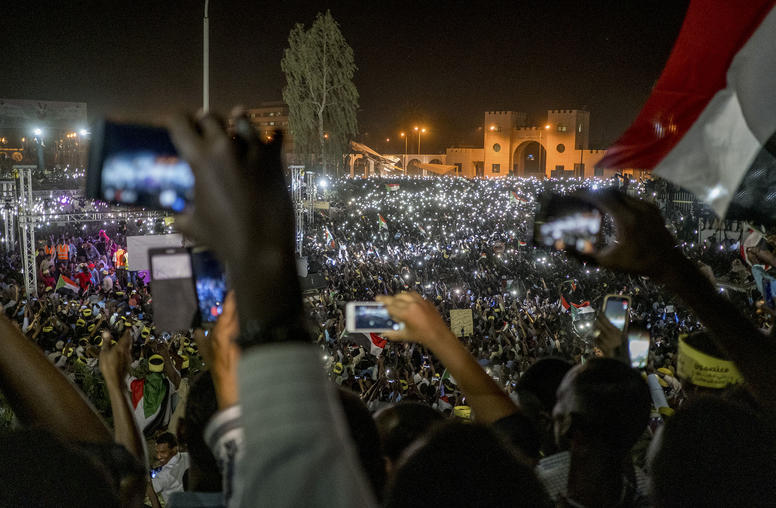
Sudan, One Year After Bashir
Dictator Omar al-Bashir, who ruled Sudan for nearly three decades, was overthrown in April 2019. After months of protests, negotiations led to a joint civilian-military transitional government to govern the country for a period of 39 months. However, Sudan’s political transition remains tenuous, and even before the coronavirus pandemic, the risks of failure were many. USIP’s Manal Taha, Payton Knopf, and Aly Verjee discuss the past year in Sudan and the need for further international support to shore up the transition.
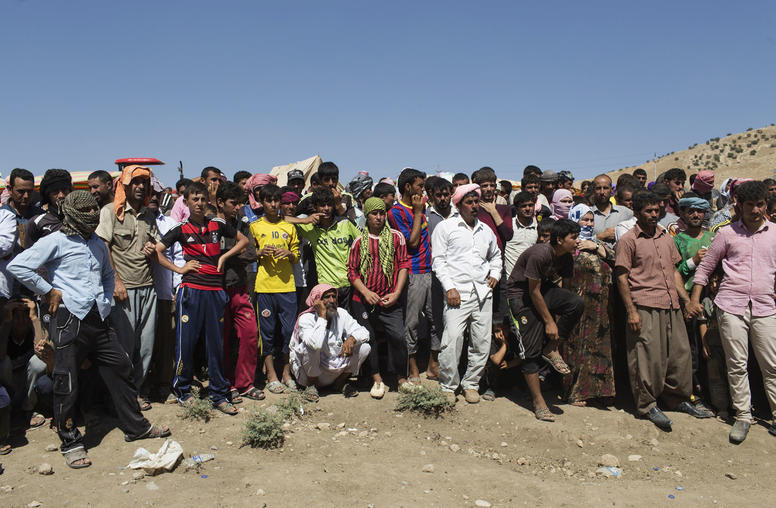
Iraq and its Minorities Face a New Challenge with Coronavirus
During the past few months I have spent working with religious minorities in Iraq, I have realized that these communities and Iraq’s anti-government protesters seek the same outcome: a democratic, safe, and pluralistic country.
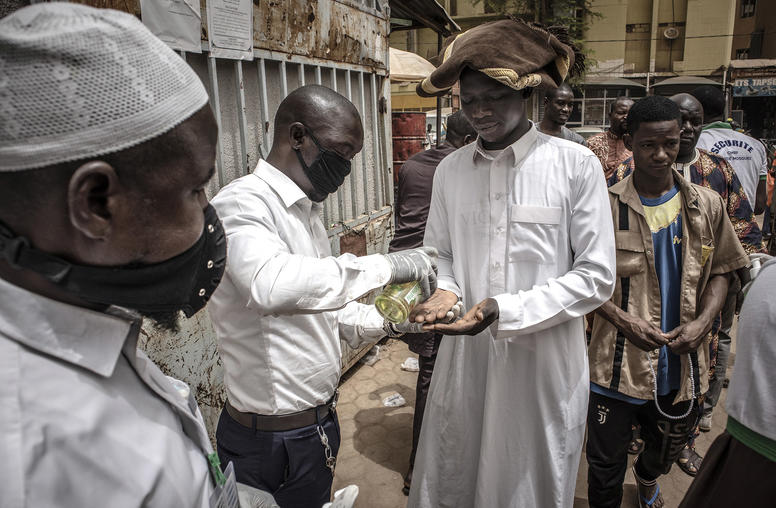
How Efforts to Address Conflict and Coronavirus Align
As the unprecedented humanitarian and economic impacts of COVID-19 begin to be felt across poor and conflict-affected states, there is a risk that policymakers will lose focus on longer-term priorities—like conflict prevention and economic development.
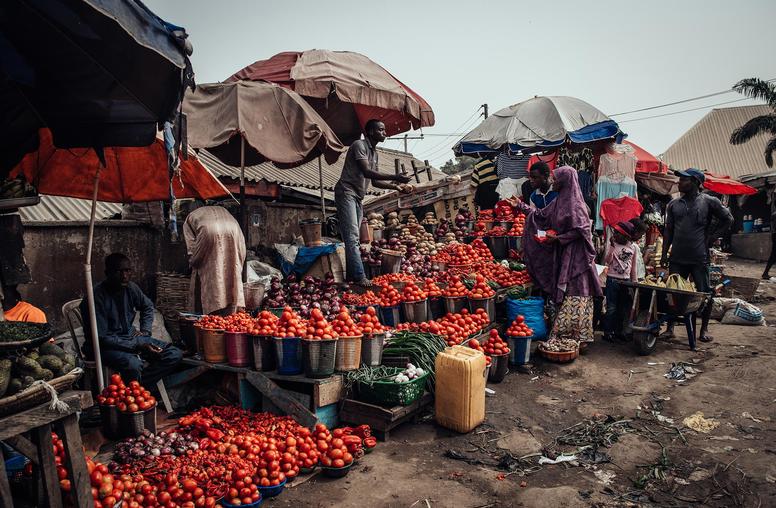
Nigeria: The Response to Coronavirus is an Opportunity for Reform
Well before the coronavirus emerged, a large majority of Nigerians felt their country was “going in the wrong direction.” Polling shows Nigerians feel the government has struggled to improve the living standards of the poor and is managing the economy badly. Today, while the public health response to head off the pandemic dominates attention, calls from prominent members of Nigerian civil society have renewed debates over wider questions of economic, social, and political reform. In this article, members of the Nigeria Working Group on Peacebuilding and Governance express both their hopes and concerns—in the context of the coronavirus—for Africa’s most populous country.
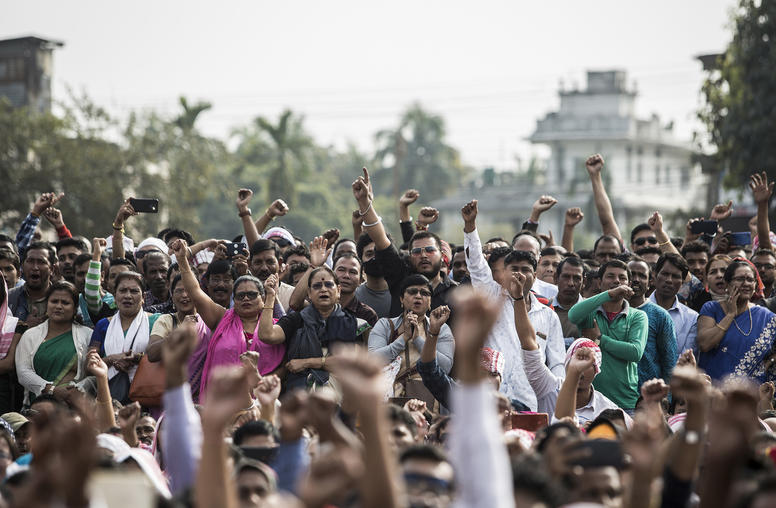
Combating Religious Discrimination in India and Beyond
Last month, the U.S. Commission on International Religious Freedom listed India as a “country of particular concern” for the first time since 2004. The decision reflects increased religious hostility and sectarian conflict in India, which have been stoked further by the Citizenship Amendment Act (CAA) passed last December. In the five months since, the CAA’s use of religious identity as a criteria for citizenship has sparked widespread opposition and protest both within India and abroad. But while controversial, it is far from an isolated policy. It connects to a steady increase in religious discrimination and violence within India, throughout South Asia, and across the globe—raising important questions for policymakers and activists alike.